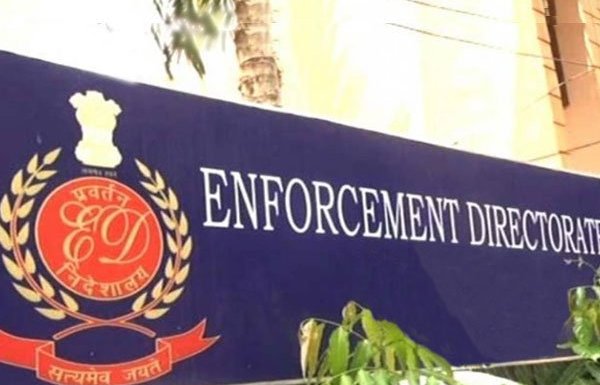Enforcement directorate, A specialised financial investigation agency under the Department of Revenue, Ministry of Finance, Government of India, have been regularly in news for various reasons. Lets go through its history, reconstruction and functions to understand its utility in ongoing era.
The origin of this Directorate goes back to 1st May, 1956, when an ‘Enforcement Unit’ was formed, in Department of Economic Affairs, for handling Exchange Control Laws violations under Foreign Exchange Regulation Act, 1947 (FERA ’47). This Unit was headed by a Legal Service Officer, as Director of Enforcement, assisted by an Officer drawn on deputation from RBI and 3 Inspectors of Special Police Establishment. Its headquarter was based in Delhi with two branches at Bombay and Calcutta. In the year 1957, this Unit was renamed as ‘Enforcement Directorate’, and another branch was opened at Madras. The administrative control of the Directorate was transferred from Department of Economic Affairs to Department of Revenue in 1960. With the passage of time, FERA’47 was repealed and replaced by FERA, 1973. For a short period of 4 years (1973 – 1977), the Directorate remained under the administrative jurisdiction of Department of Personnel & Administrative Reforms.
With the onset of the process of economic liberalisation, FERA, 1973, which was a regulatory law was repealed and in its place, effective 1st June, 2000, a new law – Foreign Exchange Management Act, 1999 (FEMA) came into operation. Further, in tune with the International Anti Money Laundering regime, Prevention of Money Laundering Act, 2002 (PMLA) was enacted, and entrusted for its enforcement to the Directorate, w.e.f. 01.07.2005.
Besides directly recruiting personnel, the Directorate also draws officers from different Investigating Agencies, viz., Customs & Central Excise, Income Tax, Police, etc. on deputation. On 11th March, 2011, after the approval of Government the Directorate underwent a massive restructuring becoming a force of 2067 Officers/Staff from 758, simultaneously raising number of its offices from 21 to 49 across India. However, process is still underway to have a full contingent of work force and to have all the 49 offices functional.
| The main functions of the Directorate are as under | |
1. Investigate contraventions of the provisions of Foreign Exchange Management Act, 1999(FEMA),A Civil Law, which empowers officers to conduct investigations into suspected contraventions of the Foreign Exchange Laws and Regulations, adjudicate, contraventions, and impose penalties upto three times the sum involved on those adjudged to have contravened the law 2. Investigate offences of money laundering under the provisions of Prevention of Money Laundering Act, 2002(PMLA),A Criminal Law, which empowers officers to conduct investigations to trace assets derived out of the proceeds of crime, to provisionally attach/ confiscate the same, and to arrest and prosecute the offenders found to be involved in Money Laundering.There are 156 offences under 28 statutes which are Scheduled Offences under PMLA. 3. Processing cases of fugitive/s from India under Fugitive Economic Offenders Act, 2018. The objective of this Act is to provided for measures to deter fugitive economic offenders from evading the process of law in India by staying outside the jurisdiction of Indian Courts and to preserve the sanctity of the rule of law in India. 4.To process and recommend cases for detention of habitual offender under the Conservation of Foreign Exchange and Prevention of Smuggling Activities Act,1974 (COFEPOSA), which provides for preventive detention of a person with a intention of preventing him from acting in a manner prejudicial to the conservation and augmentation of FEMA. 5. Adjudicate Show Cause Notices issued under the repealed Foreign Exchange Regulation Act, 1973 (FERA) upto 31.5.2002 for the alleged contraventions of the Act which may result in imposition of penalties. Pursue prosecutions launched under FERA in the concerned courts. 6. Render cooperation to foreign countries in matters relating to money laundering and restitution of assets under the provisions of PMLA and to seek cooperation in such matters. | |

Comments
Post a Comment